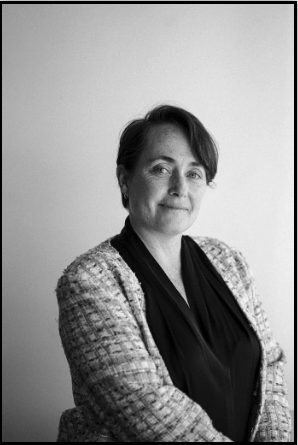Dialectical behavior therapy is an approach to treatment that can be beneficial to people with personality disorders or other mental health challenges. The best method of treatment is one that is designed to fit your needs. Learn more about dialectical behavior therapy to determine if it is a good fit for your needs and condition.
Dialectical behavior therapy, or DBT, is a form of psychotherapy that focuses on building coping strategies for triggering situations and emotional stability. DBT is a branch of cognitive behavioral therapy. Originally, dialectical behavior therapy was designed for the treatment of borderline personality disorder. However, it has now been adapted to treat a variety of conditions.
Dialectical behavior therapy is built around three major frameworks: the science of cognitive behavioral therapy, the mindful practices of Buddhism, and the philosophy of dialectics. Dialectics is defined as a “discussion and reasoning by dialogue as a method of intellectual investigation”. In the simplest terms, this means talking about different viewpoints with the purpose of finding a sense of truth.
DBT focuses on not only the mental health of patients but also the therapist. Trained therapists focused on dialectical therapy realize that their motivation and mental health play a significant role in the effectiveness of treatment and work towards personal growth for themselves in that regard.
Therapy sessions will be conducted in three ways throughout treatment:
Dialectical behavior therapy is not generally designed to be an ongoing process. A treatment plan usually has a specific end date, with treatment usually lasting a few months. Depending on the condition, some may choose to participate in traditional talk therapy after completing a DBT program.
Enhancing Skills
During the treatment process, a therapist will focus on improving a patient’s skills in four main areas. Those areas are mindfulness, distress tolerance, emotional regulation, and interpersonal effectiveness.
Mindfulness skills involve acceptance of issues and working towards lessening anxiety and stress. To improve distress tolerance, therapists help patients recognize the negative emotions that can be harmful to their mental health and guide them to work on those emotions rather than ignoring them.
To increase the ability to regulate emotions, therapists help patients develop new coping skills and strategies to avoid unhealthy behavior. Interpersonal effectiveness focuses on communication skills and bonding techniques to improve relationships.
Generalization of Skills
Skill generalization works by taking skills patients may have learned in certain areas of life and reapplying those skills across all areas. This could include lessons learned in work, school, relationships, or at home.
A trained therapist will examine these skills and help the patient realize how they can be beneficial when applied in other areas. These skills can include the four enhanced skills the therapist helps patients improve as well.
Motivational Enhancement
A trained therapist should always find ways to improve the motivation of a patient in treatment. The treatment process can be challenging at times, and keeping a patient on track is vital to finding success.
A large part of increasing motivation is understanding the needs of the individual. Different people may be motivated by various things. A therapist needs to fully understand their patient before coming up with a plan to keep them motivated.
Improving the Skills of the Therapist
DBT can be an extensive process. Just as it is important to keep the patient motivated, so must the therapist stay motivated. To avoid possible burnout, DBT-trained therapists will often participate in team meetings and guidance sessions. DBT-trained therapists will be provided the space and support needed to do their jobs to the best of their ability.
Structuring the Treatment Environment
The goal of DBT is to be able to apply all the lessons learned across all aspects of a patient’s life. This is the best chance to reinforce healthy behavior and positive thinking. Therapists may work to make sure the lessons of DBT are consistent with any other programs the patient may be participating in.
Although dialectical behavior therapy was initially developed to treat borderline personality disorder, it is used to treat various mental health challenges now. DBT can prove an effective treatment option for people suffering from bipolar disorder, anxiety disorders, depression, substance abuse, or PTSD.
A study found that 30% of people suffering from a mental health disorder also had a co-occurring personality disorder. For these individuals, dialectical behavior therapy is likely the best possible treatment option.
At AM Health Care, we are to help you deal with your mental health in any way possible. We believe in designing a treatment plan that precisely suits your condition and your needs. Mental health disorders can be disruptive and potentially dangerous when left untreated, so there is no reason to wait any longer. Please call us today at 818-383-1297 to learn more about how we can help you and potential treatment options.

